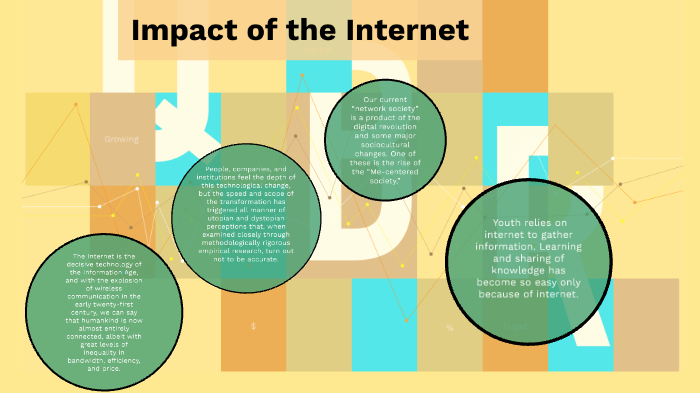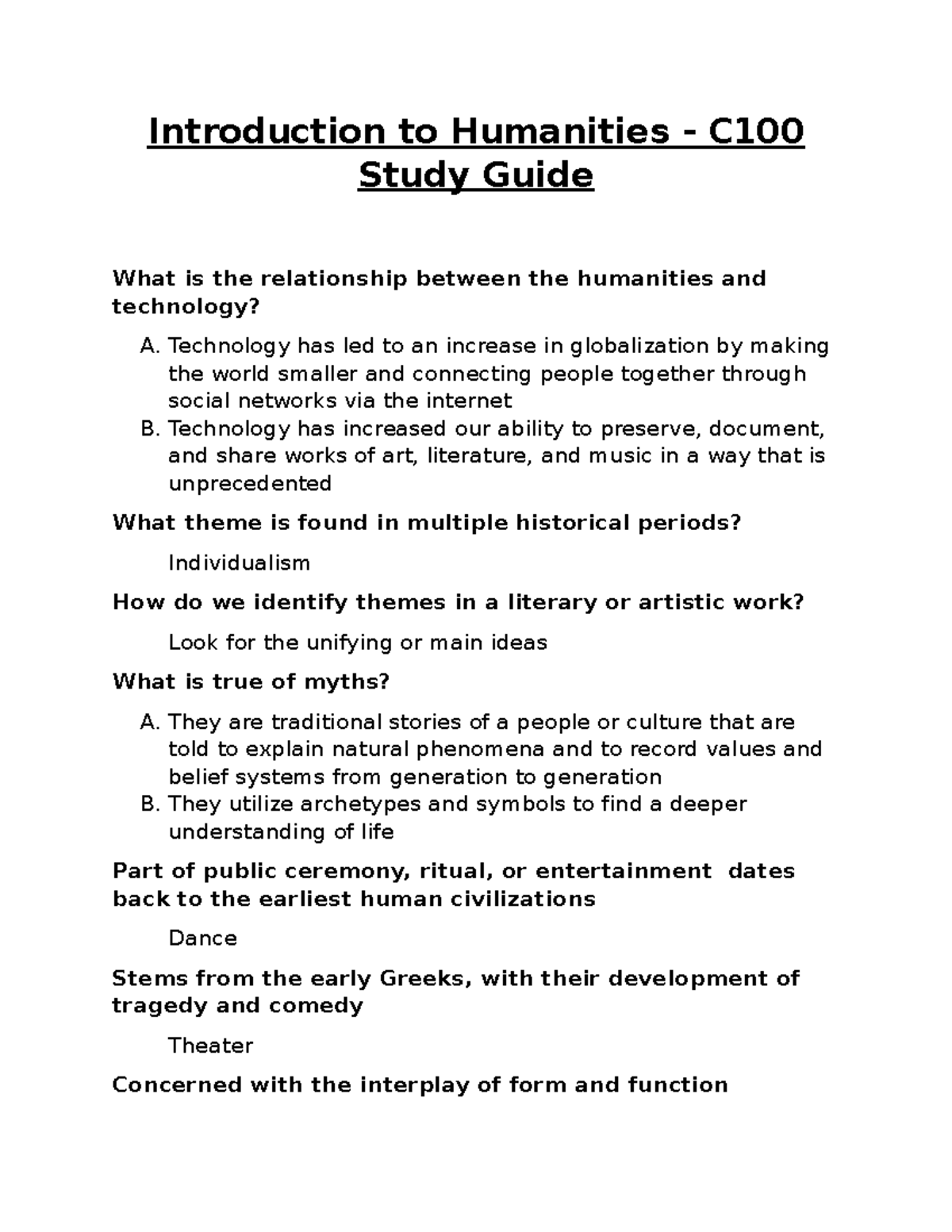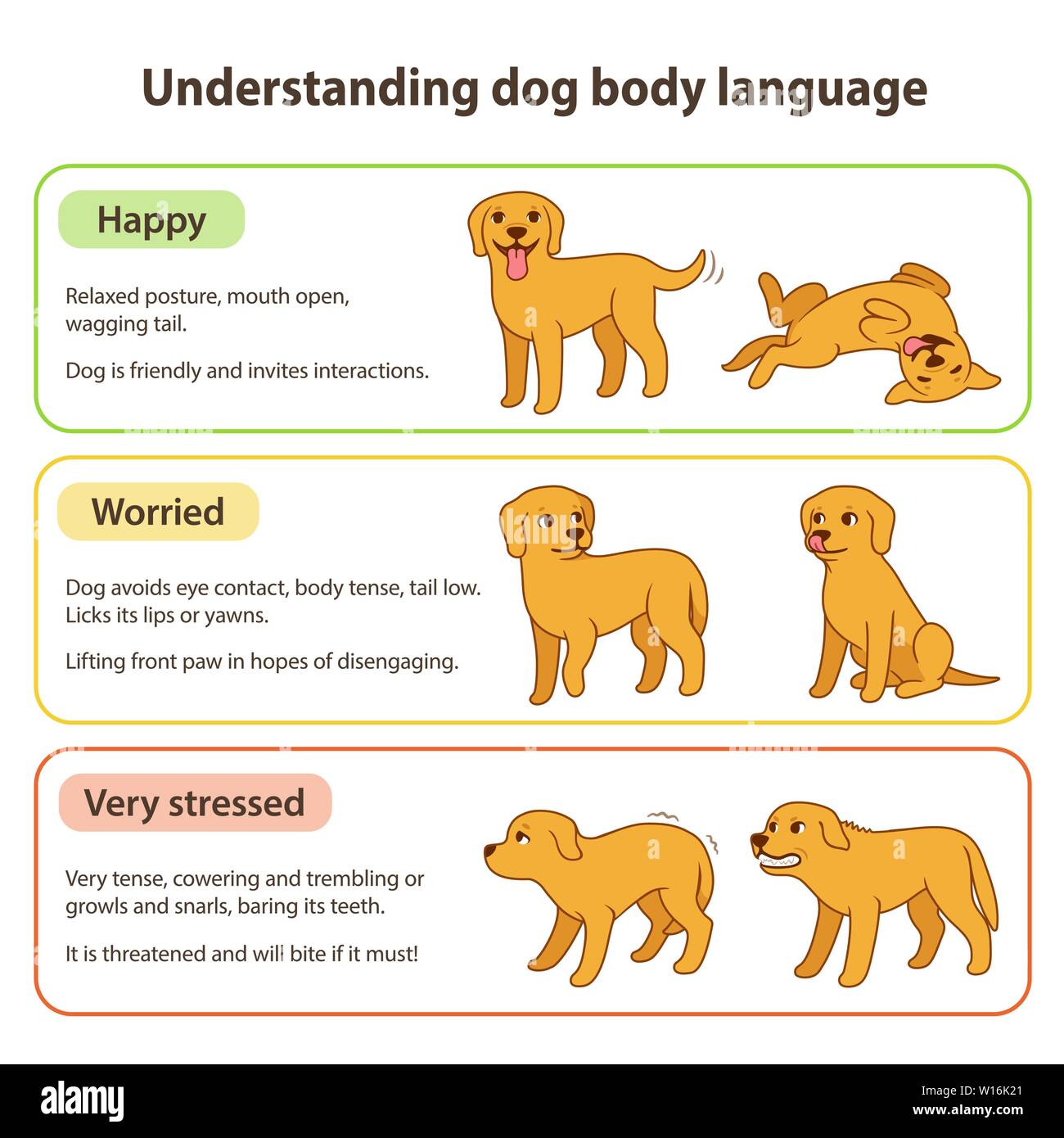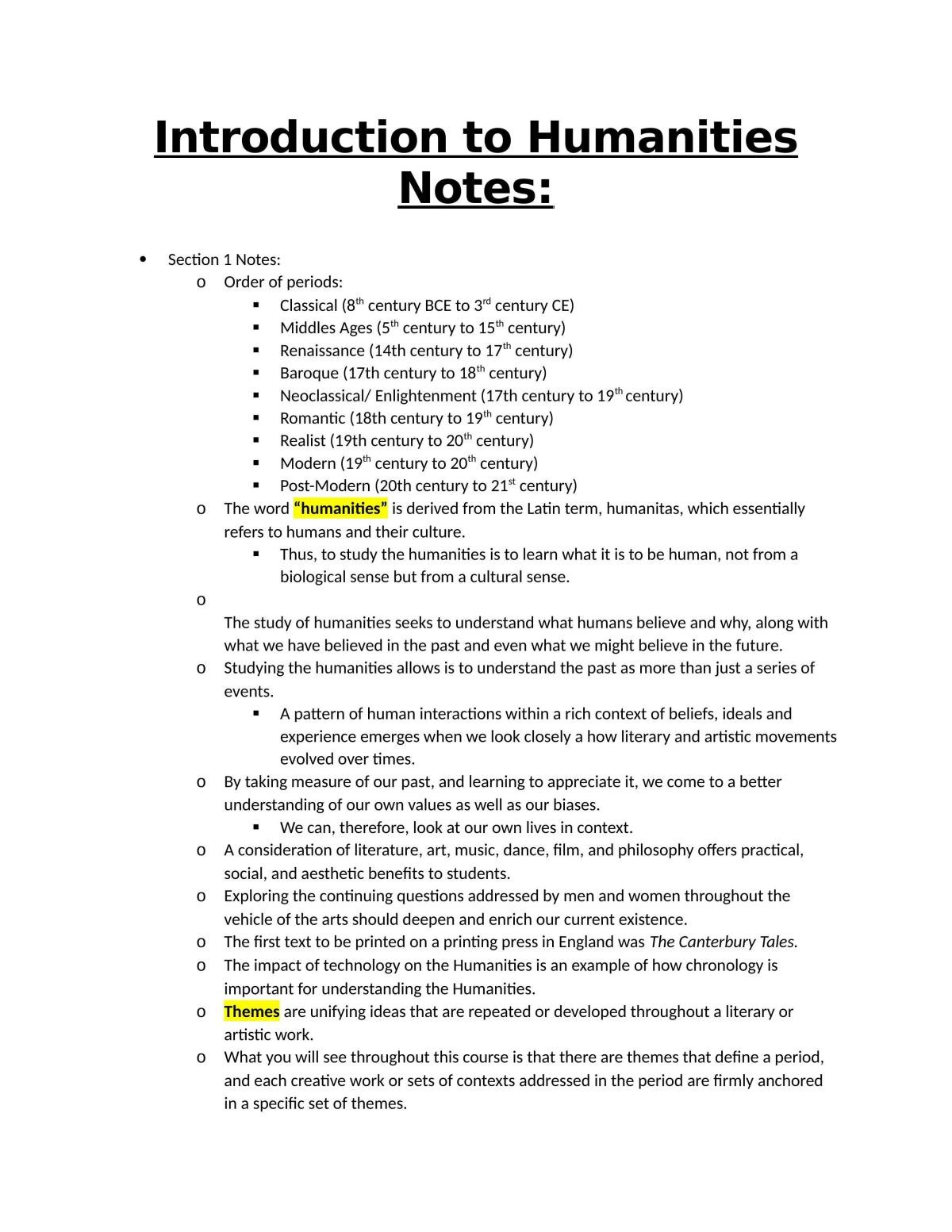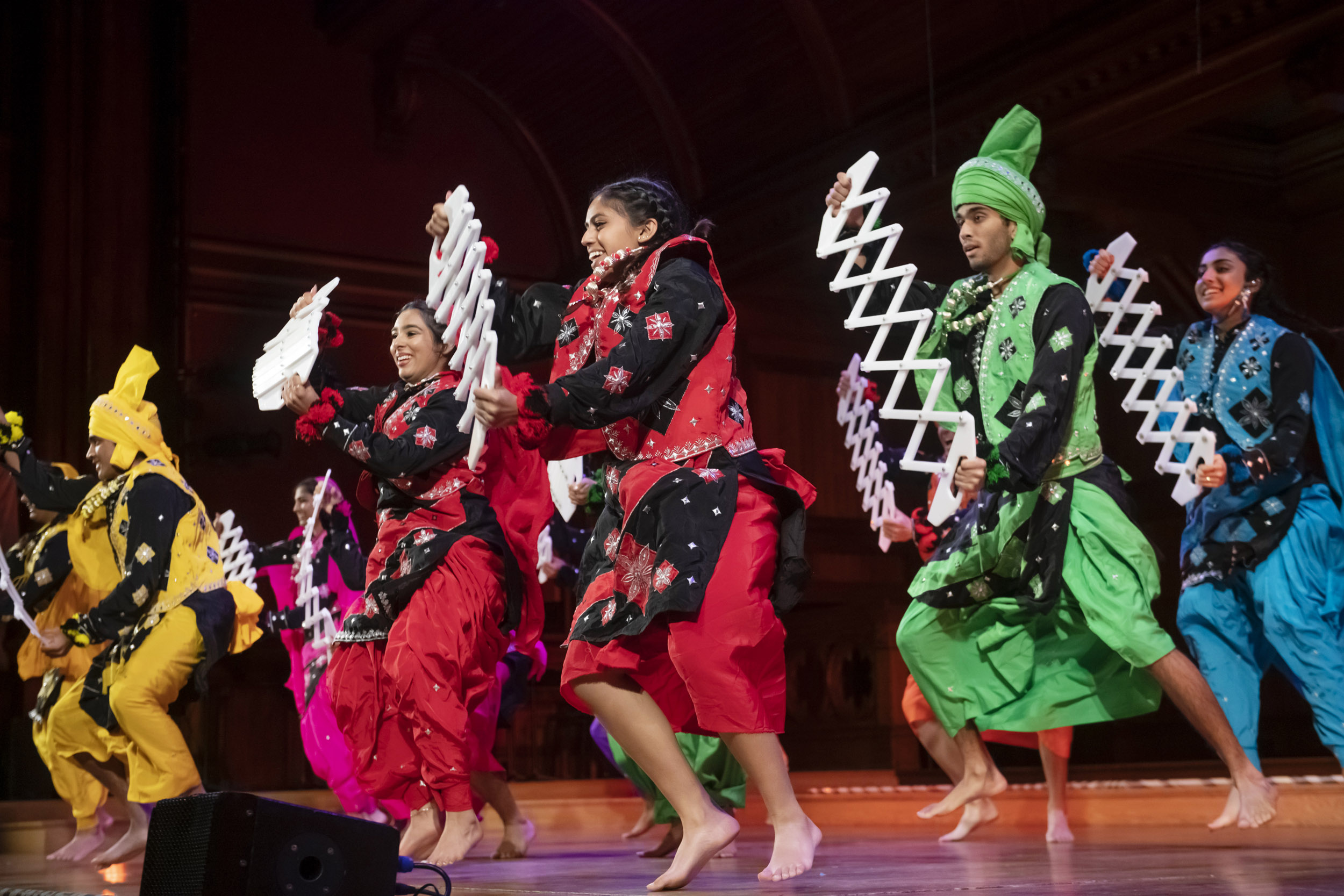The impact of the internet on fiction has been profound and multi-faceted, transforming not only how stories are told but also how they are consumed. In an increasingly digital world, the boundaries between writer and audience have blurred, turning readers into active participants in the storytelling process. As technology continues to evolve, it has influenced trends in modern literature, challenging authors to adapt their narratives to the desires of online viewers. Furthermore, platforms like social media have reshaped the way stories are marketed and shared, raising questions about authenticity and artistic integrity. This new landscape presents both opportunities and obstacles, as writers navigate a realm where personal expression must contend with public expectations and rapidly changing tastes.
The influence of digital connectivity on literary creation has reshaped the landscape of storytelling like never before. With technology paving the way for new forms of engagement, writers today find themselves facing unique challenges that their predecessors could hardly imagine. As societal interactions increasingly occur online, the nature of narrative has evolved, merging personal history with collective experiences. This expansion into the digital domain has enabled authors to tap into vast online audiences, fostering a dynamic relationship that redefines contemporary literature. The integration of the internet into the writing process not only alters how narratives unfold but also reflects the changing dynamics of human connection in a tech-driven world.
The Internet’s Impact on Fiction: A New Era of Storytelling
The advent of the internet has revolutionized the landscape of fiction, creating a platform where writers and readers can interact in unprecedented ways. Authors are no longer confined to the traditional publishing industry; they have the freedom to publish their work online, reaching global audiences instantly. This phenomenon has also democratized storytelling, allowing diverse voices that may have previously been marginalized to find their place in the literary world without the gatekeeping often associated with publishers. The accessibility of blogs and self-publishing has illuminated the paths for emerging writers, leading to an explosion of creativity and innovation in the genre.
However, this newfound accessibility comes with its own challenges. Readers’ attention spans have dwindled amidst the constant barrage of online content, leading to a trend where writers must compete not only with each other but also with a multitude of competing digital distractions. As a result, the depth and complexity that often characterize literary fiction can be at risk, as authors strive to capture fleeting attention. The impact of social media has shifted the writer-reader dynamic, transforming the traditional solitary experience of reading into an interactive performance where public opinion often weighs heavily on creative expression.
The Role of Social Media in Modern Storytelling
Social media platforms like Twitter and Instagram have become critical tools for writers looking to engage with their audiences. In the past, authors relied heavily on physical book tours and literary events to connect with readers. Now, they can build significant followings online, creating a community around their work. This direct engagement allows writers to gauge feedback, share insights into their creative processes, and promote their publications in real-time. However, this close interaction also means that authors are often subject to the whims of their online audiences, influencing their writing styles and subject matters based on what garners the most engagement.
Moreover, the immediacy of social media has reshaped narrative structures themselves. Writers are launching serialized stories directly on platforms like Instagram, where each post holds the potential to reach massive audiences. This format encourages brevity and instant gratification, which can be both a boon and a bane for literary depth. As storytelling evolves in the age of social media, it raises questions about what constitutes a rich narrative. Can emotional depth coexist with the need for immediacy? This ongoing negotiation between form and audience expectations is essential for writers trying to navigate the complexities of modern fiction.
Modern Fiction: Challenges and Opportunities
Contemporary writers are facing unique challenges in the constantly evolving landscape of literature, primarily influenced by the internet and digital communication. One significant concern is the saturation of content; with countless novels and stories available at the click of a button, standing out in a crowded marketplace has become increasingly difficult. Writers must not only craft compelling narratives but also manage their online presence, engage with readers, and navigate the complexities of digital marketing. This dual responsibility can dilute the creative process as authors juggle the art of writing with the business of publishing.
Yet, within these challenges lie numerous opportunities for growth and innovation in storytelling. The integration of technology into the creative process allows for experimental formats and interactive narratives that break traditional molds. For instance, writers can now utilize multimedia elements, incorporating visuals and audio into their storytelling. Additionally, platforms that support collaborative writing are fostering community engagement, prompting writers to explore collective narratives that can often lead to richer stories. As modern fiction adapts to reflect the realities of a digitized world, authors are compelled to redraw the boundaries of creativity and redefine what it means to be a storyteller.
Writers and Online Audiences: A Shifting Dynamic
Writers today are navigating a complex relationship with their online audiences. The internet has fundamentally reshaped how authors perceive their readers; no longer are they simply recipients of written work but active participants in the literary conversation. This shift allows writers to receive immediate feedback on their work, fostering a communal atmosphere that encourages collaboration. However, it often leads to anxiety about public reception, where writers may feel compelled to tailor their narratives to an audience’s tastes rather than following their intrinsic vision. This pressure can stifle creativity, as the desire to gain popularity may overshadow the pursuit of authentic storytelling.
Despite these challenges, the relationship between writers and their online audiences presents invaluable insights into reader preferences and trends. This feedback loop can inspire authors, helping them identify themes that resonate within contemporary society. Additionally, the ability to engage with readers on personal levels creates a sense of intimacy and connection that was previously unattainable. Although the dynamic may appear daunting, many writers are finding ways to harness this energy positively, integrating audience responses into their writing while remaining true to their artistic integrity.
Research in the Digital Age: New Dimensions for Writers
The internet has transformed research methodologies for writers, providing access to a wealth of information that was once difficult to obtain. Today, authors can dive into extensive databases, access historical archives, and even listen to recordings from past events all from the comfort of their homes. This ease of information has enabled writers to infuse their work with greater detail and authenticity. Whether it’s facts about social issues or cultural narratives, the digital age provides unprecedented opportunities for deepening storytelling through accurate and engaging content.
However, the reliance on online resources presents challenges, particularly in terms of information accuracy and depth. Writers must exercise discernment in selecting credible sources and ensure a nuanced understanding of their subjects. The convenience of quick online searches can lead to superficial engagement if authors do not delve deeply enough into their research. Balancing the advantages of digital resources with the need for comprehensive understanding is vital for contemporary writers, as they strive to create narratives that are not only relevant but also informed by robust research.
The Evolution of Reader Engagement: From Isolation to Community
Traditionally, reading has been an isolated experience, wherein individuals would delve into texts alone, discovering the world through the author’s voice. With the rise of the internet, this perception is rapidly changing. Online platforms allow readers to connect with each other, share interpretations, and discuss themes, creating a communal atmosphere surrounding literature. Book clubs are now often formatted online, and platforms such as Goodreads facilitate discussions and reviews that can elevate lesser-known works, broadening the audience for diverse narratives.
This transformation nurtures deeper connections to literature, as readers are encouraged to share their thoughts and reactions with others, expanding their understanding and appreciation of texts. Writers can witness how their stories resonate with different audiences, providing the opportunity for a richer dialogue between author and reader. While this connectivity fosters a thriving literary community, it also brings about complications, such as the potential for groupthink or the overshadowing of individual interpretations. Authors today must navigate this evolving relationship, ensuring their works inspire personal reflection even amidst collective discourse.
Transforming the Narrative: Technology’s Influence on Fiction Writing
Technology has become an integral part of the writing process, influencing not just how stories are told but also how they are conceived. Writers now use various digital tools, from writing software to collaborative platforms, that add layers to the creative process. These technologies facilitate efficient drafting, editing, and publishing, allowing authors to experiment with interactive stories or multimedia elements that enhance reader engagement. Such advancements have the potential to broaden the scope of storytelling, enabling authors to push traditional boundaries and explore hybrid forms of literature.
Nonetheless, technology’s pervasive influence can pose ethical dilemmas for writers. As the lines blur between traditional storytelling and interactive content, authors may grapple with questions of authorship and ownership. Navigating these challenges requires a careful balance between leveraging technology’s benefits while still valuing the art of storytelling at its core. As writers continue to innovate within this technological landscape, the possibilities are limitless, offering exciting avenues for the future of fiction.
Emotional Resonance: The Essential Role of Truth in Fiction
At its heart, fiction has always served as a vehicle for emotional truth, conveying the complex human experience through narrative. In an era dominated by the internet and instant access to information, the challenge lies in maintaining that emotional resonance amidst the noise of digital content. Writers must strive to portray genuine human experiences and emotions, ensuring that their stories transcend mere entertainment. This pursuit of emotional depth is crucial for readers seeking connection and understanding in a world that often feels fragmented.
As social media feeds become overwhelmed with surface-level interactions, the demand for deeper narratives grows stronger. Readers are turning to fiction not just for escapism but for reflections that resonate with their own emotions and experiences. Successful authors recognize this shift and craft stories that delve into the complexities of the human spirit, ultimately enriching the reader’s experience in meaningful ways. Addressing poignant themes and exploring uncharted emotional territories can help ensure that fiction retains its place as an essential form of expression in the digital age.
Frequently Asked Questions
What is the impact of the internet on fiction writing and storytelling?
The internet has profoundly impacted fiction writing and storytelling by turning readers into audiences. With social media and online platforms, writers now receive immediate feedback, which can influence their creative process. This shift has made taste more collective and public, often overshadowing personal inspiration and challenging writers to navigate the demands of mass opinion.
How has technology changed literature and the way it is consumed?
Technology, particularly the internet, has changed literature by providing instant access to vast resources and research materials. Writers can easily find information online, improving the research quality in their fiction. However, this convenience has made it easier for distractions to steal readers’ attention, potentially reducing the depth of engagement with texts.
What are the modern fiction challenges presented by the internet?
Modern fiction challenges posed by the internet include maintaining originality amidst a flood of public opinion and adapting to the rapid consumption of content online. Writers often wrestle with the pressure to conform to popular tastes while trying to uphold the integrity of their work. Additionally, the prevalence of online commentary can deter writers from pursuing bold and experimental storytelling.
How has social media influenced storytelling methods in modern fiction?
Social media has significantly influenced storytelling methods by fostering a culture of immediacy and collaboration. Writers now engage with their audiences directly, shaping narratives based on audience interactions and feedback. This interactivity can enrich storytelling but also pressures creators to prioritize popular appeal over personal expression.
In what ways has the internet changed the relationship between writers and their audiences?
The internet has transformed the writer-audience relationship from a traditional, passive consumption model to an interactive one. Audiences can now influence narratives through feedback and social media engagement, leading to an expectation that writers cater to viewer preferences. This shift poses challenges for writers striving for authenticity while accommodating real-time audience reactions.
What role does emotional truth play in fiction amidst the internet’s vast information resources?
Despite the internet’s vast resources, emotional truth remains fundamental in fiction. Writers must balance factual accuracy and storytelling with the need to evoke empathy and connection among readers. The challenge is to transcend surface-level information and deliver deeper emotional resonances that lead readers to profound insights about the human experience.
How have reading habits shifted due to the influence of the internet on fiction?
Reading habits have shifted significantly due to the internet, as distractions from frequent notifications and the allure of quick content consumption have made sustained reading more challenging. Many readers now engage with shorter, bite-sized content online, affecting their ability to immerse themselves in longer literary works, which may impact how fiction is both written and appreciated.
What advantages does the internet provide to writers when researching for fiction?
The internet offers substantial advantages for writers conducting research for fiction, such as access to digital archives, databases, and diverse perspectives. These resources allow writers to enrich their narratives with accuracy and context while saving time previously spent in libraries. However, it’s essential to maintain a balance between online research and real-life experiences, which deepen the authenticity of their storytelling.
Can the internet contribute to the quality of modern fiction?
Yes, the internet can contribute to the quality of modern fiction by providing writers with easy access to research tools, forums for discussion, and opportunities for collaboration. However, it can also lead to a reliance on instant gratification, potentially compromising the depth and nuance within the narratives. Writers can leverage online resources while ensuring that their work maintains emotional and intellectual integrity.
What is the future of fiction in a world increasingly dominated by the internet?
The future of fiction in an internet-dominated world is likely to focus on hybrid storytelling forms that blend traditional narratives with interactive and multimedia elements. While challenges exist, such as preserving deep engagement and emotional truth, the potential for innovative storytelling approaches is vast. Writers who adapt and creatively utilize online platforms may find new ways to resonate with their audiences, ensuring fiction remains a vital part of the literary landscape.
| Aspect | Impact of the Internet |
|---|---|
| Readers as Audience | The internet has turned readers into audiences, influencing their tastes through social media. |
| Research Evolution | The internet facilitates quicker access to research materials, but it may compromise depth in engagement. |
| Lost Plot Devices | Traditional plot devices reliant on disconnection (e.g., characters getting lost) are becoming rare. |
| Changing Reading Habits | The internet affects our reading patterns, often leading to shorter and more fragmented reading. |
| Emotional Truth | Despite the negatives, fiction remains a key medium for exploring emotional truths. |
| Importance of Face-to-Face Interactions | Certain experiences and insights essential for storytelling can only come from in-person interactions. |
Summary
The impact of the internet on fiction is profound, altering not only how stories are consumed but also shaping their creation. Writers today face a dynamic landscape where personal truths must navigate the collective whims of online audiences. While the accessibility of information through the internet has transformed research for fiction, it has also introduced challenges that threaten the core of storytelling. The common experience of readers has shifted from intimate engagement to a more public spectacle, influencing what gets written and how it resonates. As authors adapt to these changes, we must reflect on how the internet enriches and complicates our understanding of narratives, possibly overshadowing the significance of deep, emotional truths that fiction aims to convey.

